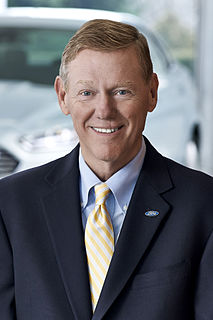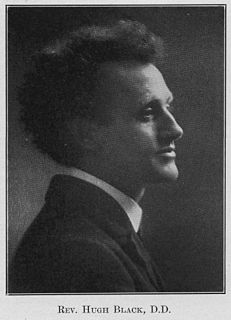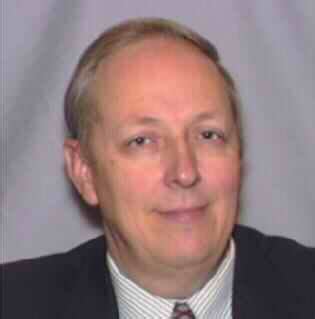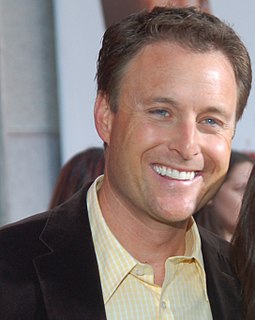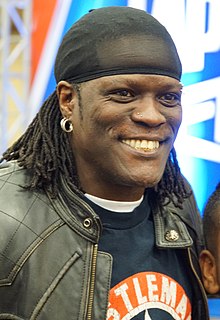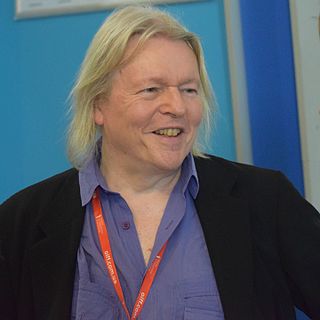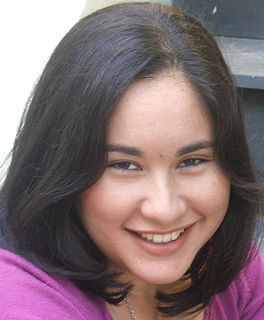A Quote by Frederick Lenz
The purpose of life is happiness. What else could it possibly be?
Related Quotes
I had always been taught that the pursuit of happiness was my natural (even national) birthright. It is the emotional trademark of my culture to seek happiness. Not just any kind of happiness, either, but profound happiness, even soaring happiness. And what could possibly bring a person more soaring happiness than romantic love.
Looking at the world today, we might easily forget that the main purpose of our life - you could call it the heart of being human - is to be happy. All of us share the same wish, and the same right, to seek happiness and avoid suffering. Even following a spiritual path, or the religious life, is a quest for happiness.
Lenten practices of giving up pleasures are good reminders that the purpose of life is not pleasure. The purpose of life is to attain to perfect life, all truth and undying ecstatic love - which is the definition of God. In pursuing that goal we find happiness. Pleasure is not the purpose of anything; pleasure is a by-product resulting from doing something that is good. One of the best ways to get happiness and pleasure out of life is to ask ourselves, 'How can I please God?' and, 'Why am I not better?' It is the pleasure-seeker who is bored, for all pleasures diminish with repetition.
Certainly I believe that God gave us life for happiness, not misery. Humanity, I am sure, will never be made lazy or indifferent by an excess of happiness. Many persons have a wrong idea of what constitutes true happiness. It is not attained through self-gratification but through fidelity to a worthy purpose. Happiness should be a means of accomplishment, like health, not an end in itself.
It is the paradox of life that the way to miss pleasure is to seek it first. The very first condition of lasting happiness is that a life should be full of purpose, aiming at something outside self. As a matter of experience, we find that true happiness comes in seeking other things, in the manifold activities of life, in the healthful outgoing of all human powers.
'Perfection' to me is, I walk away from a situation and say, 'I did everything I could do right there. There was nothing more that I could do.' I was a hundred percent, like the meter was at the top. There was nothing else I could have done. You know? Like, I worked as hard as I possibly could have. That's perfection.


